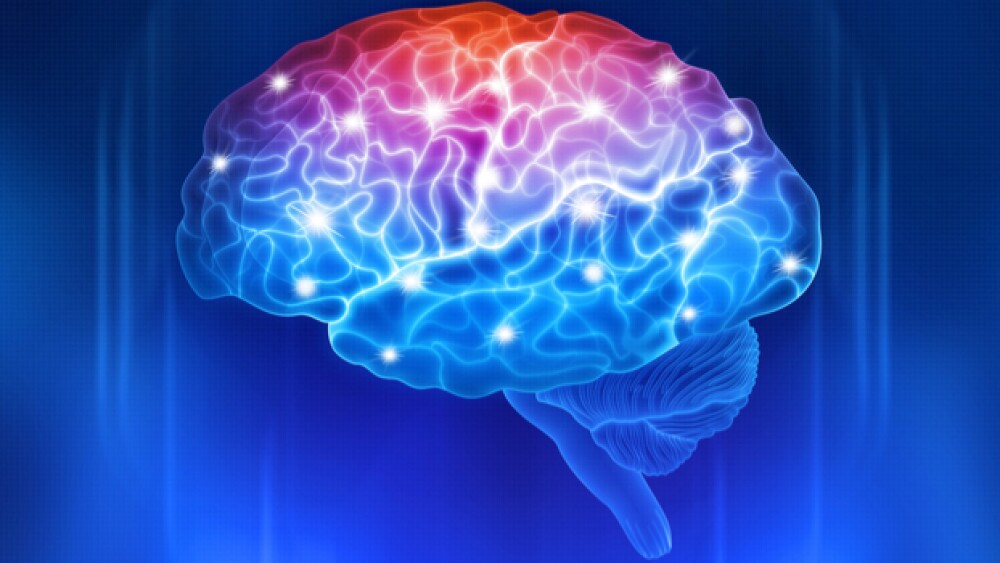Shares of ACADIA Pharmaceuticals are up nearly 70% after the company announced it halted a Phase III psychosis trial early after its Parkinson’s disease drug Nuplazid hit primary endpoints and positioned the company to seek another potential regulatory approval.
Shares of ACADIA Pharmaceuticals are up nearly 70% after the company announced it halted a Phase III psychosis trial early after its Parkinson’s disease drug Nuplazid hit primary endpoints and positioned the company to seek another potential regulatory approval.
This morning, San Diego-based ACADIA haled the HARMONY study assessing Nuplazid (pimavanserin) for the treatment of dementia-related psychosis. The company said the drug demonstrated a “highly statistically significant longer time to relapse” of psychosis with pimavanserin compared to placebo in a planned interim efficacy analysis. Following the early halt of the trial, ACADIA said it is planning to meet with the U.S. Food and Drug Administration in preparation of filing a supplemental New Drug Application. Also, the company said it intends to share the data from the HARMONY trial at upcoming medical meetings.
Nuplazid, a selective serotonin inverse agonist and antagonist preferentially targeting 5-HT2A receptors, was previously granted Breakthrough Therapy designation by the FDA. No drug has been approved by the FDA for the treatment of dementia-related psychosis. Nuplazid was previously approved by the FDA in 2016 for the treatment of hallucinations and delusions associated with Parkinson’s disease psychosis.
The HARMONY study was a 12-week stabilization study in which patients were treated with 34mg of Nuplazid daily. Following the stabilization period, patients who met pre-specified criteria for treatment response were randomized into the double-blind period of the study to continue their Nuplazid treatment or were switched to placebo. They were then followed for up to 26 weeks or until a relapse of psychosis occurred. The primary endpoint in the study was time to relapse in the double-blind period.
ACADIA President Serge Stankovic said the company is excited that the trial stoppage brings them one step closer to being able to offer patients with dementia-related psychosis a “critically needed treatment option.”
Approximately 30% of patients who have been diagnosed with a form of dementia suffer from psychoses, which commonly consisting of delusions and hallucinations. Dementia-related psychosis includes psychosis in Alzheimer’s disease, dementia with Lewy bodies, Parkinson’s disease dementia, vascular dementia, and frontotemporal dementia. Serious consequences have been associated with severe or persistent psychosis in patients with dementia such as repeated hospital admissions, increased likelihood of nursing home placement, progression of dementia, and increased risk of morbidity and mortality.
Jeffrey Cummings, director emeritus of Cleveland Clinic Lou Ruvo Center for Brain Health in Las Vegas, said psychosis dramatically adds to the marked burden that dementia patients already carry. He added that the psychoses associated with dementia are among “the most challenging-to-manage aspects of the disease for caregivers.”
In July, Nuplazid failed to hit statistical significance in a Phase III schizophrenia trial. Patients in the ENHANCE trial showed a consistent trend in symptom improvement but did not hit statistical significance on the primary endpoint.





